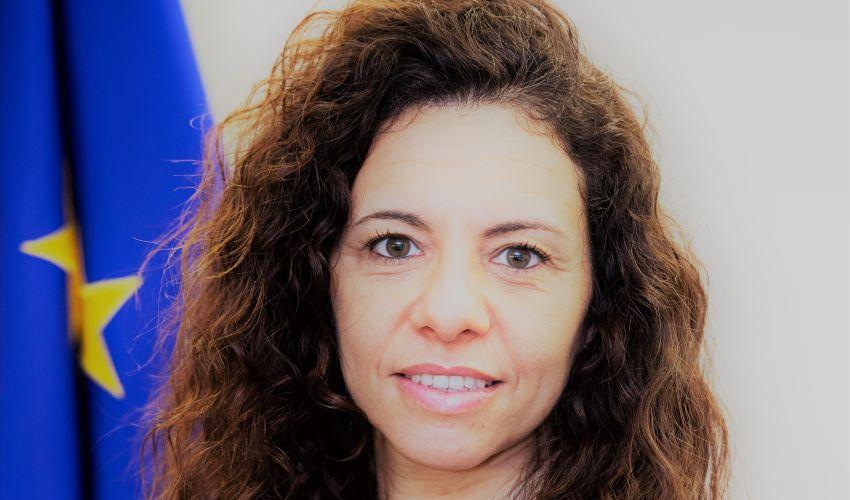
Her Boss Is Ursula von der Leyen
ALUMNA VALERIA MICELI IS POLICY COORDINATOR IN THE CABINET WITH THE COLLABORATORS CLOSEST TO THE PRESIDENT OF THE EUROPEAN COMMISSION. HER WORK DEALS WITH FINANCIAL AND BANKING REGULATION, CAPITAL MARKETS AND TAXATIONAn Italian member is among President Ursula von der Leyen’s cabinet of closest advisors. Valeria Miceli, Bocconi Alumna, graduated in the late ‘90s with a degree in economics and international relations and pursued a career within consulting firms and banks before joining the European institutions. "At first I thought that my business and economics background would not be of much use to me while working for the Commission," says Miceli. "However, after the financial crises and the consequent regulatory tightening at European and global levels, my expertise in finance, accounting, budgeting and board operations proved crucial and, combined with international experience, meant that I could be selected to work closely with the President."
The European Commission official has therefore been assigned to the President's cabinet, where she works formulating policies on issues regarding financial and banking regulation, capital markets, the banking union, the fiscal system and taxation. Moreover, being the only Italian member in the Cabinet, Miceli closely follows the Italian political events connected with European dynamics, the application of the NRRP in Italy and the President’s personal relations with our country’s political leaders, also accompanying her in her missions in Italy. "Italian politics, like that of other member states, is very focused on internal events," explains the former Bocconian. "Working at the European institutions, on the other hand, you get used to looking at everything with a broader outlook, trying to understand how everything can be seen or interpreted in different countries. The European Union is also a union of different sensibilities and we must understand how they can all be appreciated."
This was also demonstrated during the Covid emergency, when the EU risked splitting up. "Initially, countries reacted by closing in, each looking for a solution on their own," Miceli summarizes. "The strong leadership of this Presidency has been instrumental in restoring the movement of goods and people and restoring the integrity of the internal market." This was followed by the Next Generation EU plan (which includes the Recovery Fund) based on the concept of European solidarity, according to which the least affected countries helped those most in need. And then came the purchase of vaccines in a centralized way, a strong gesture thanks to which each country had access to the same vaccines and at the same price. The management of the pandemic has been a great European success. "In short, we will remember Covid as the moment when European integration paradoxically accelerated and the EU prepared for new crises. Russia’s invasion of Ukraine came soon after. The fact that we were able to quickly adopt 11 unanimous sanctions packages is precisely because we were cohesive. Similarly, in the face of the energy crisis, we have moved together to reduce dependence on Russian gas. Sticking together is essential: this has always been a commonly held belief but today everyone understands this."
by Pietro Masotti
Translated by Jenna Walker
